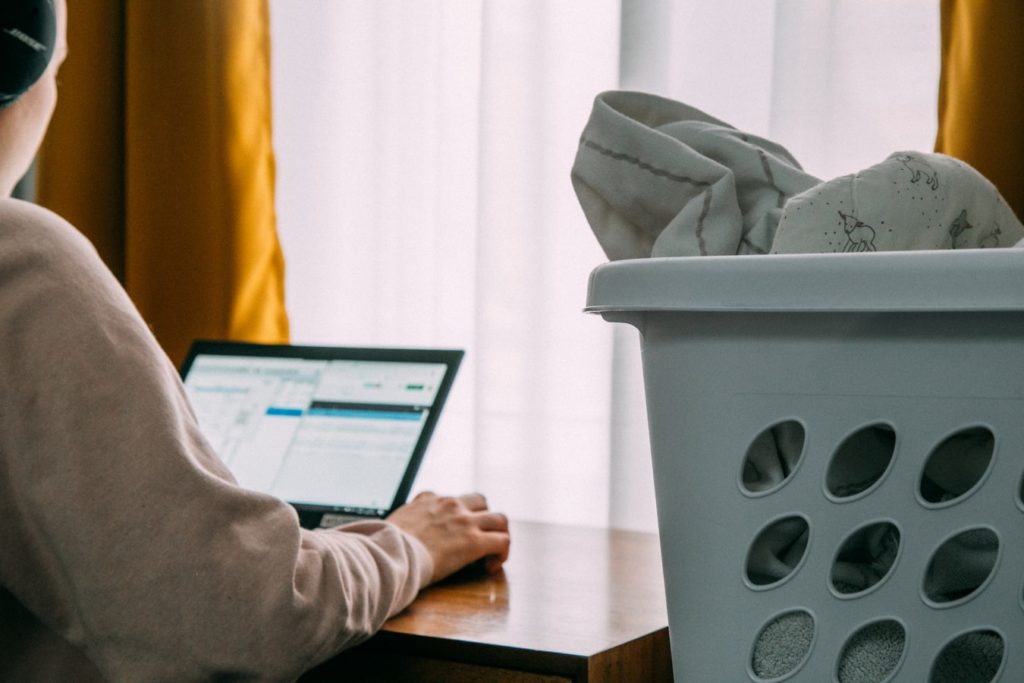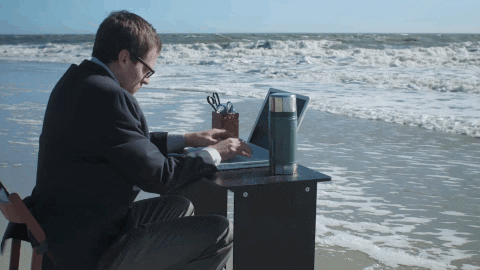After a year of remote work, we now trust our colleagues less than before. Here’s what we can do to rebuild those bridges.

The following written content by Hannah Hickok
When the pandemic triggered mass workplace closures last spring, many companies were unprepared for what turned into an open-ended remote-work arrangement. For some, the extraordinary situation initially prompted a heightened sense of goodwill as workers juggled the demands of family and fine-tuned home-office setups. Yet as we now pass the one-year mark of virtual work, the shaky foundation of many company cultures is cracking to reveal a lack of trust among remote managers and employees.

Under better circumstances, trust begets trust; at the moment, experts are finding that the reverse is true. Without in-person interactions to bolster our professional relationships, there’s more room to make negative – often unfounded – assumptions about our colleagues’ behaviours. And, many supervisors haven’t been trained to manage a team remotely, causing them to fall into the trap of over-monitoring employees, which tends to backfire. All these factors are creating a cycle of virtual workplace distrust that’s exacerbated by pandemic fatigue and the struggle to sustain our mental health amid an extended period of uncertainty.
The dearth of trust isn’t something that will be magically fixed once the pandemic subsides, especially as businesses are considering adopting new models, from hybrid systems to a different kind of work week. The consequences of a culture of distrust are significant – including diminished productivity, innovation and motivation. But there are steps we can take to effectively build and repair trust, even from afar.
Distance breeds distrust
Before the pandemic, the seeds of trust were often planted at work without us even realising it – a greeting in the elevator, post-meeting small talk, complimenting a colleague’s haircut.
“Trust is built by spending time together, not necessarily around work-related tasks,” says Scott Schieman, chair of the department of sociology at the University of Toronto’s St George campus. “We form and sustain social bonds this way, expressing verbal and nonverbal communication in ways that convey understanding, empathy and shared concern. There’s no way endless Zoom calls can replace the depth and quality of in-person human interaction.” Read more from BBC.





